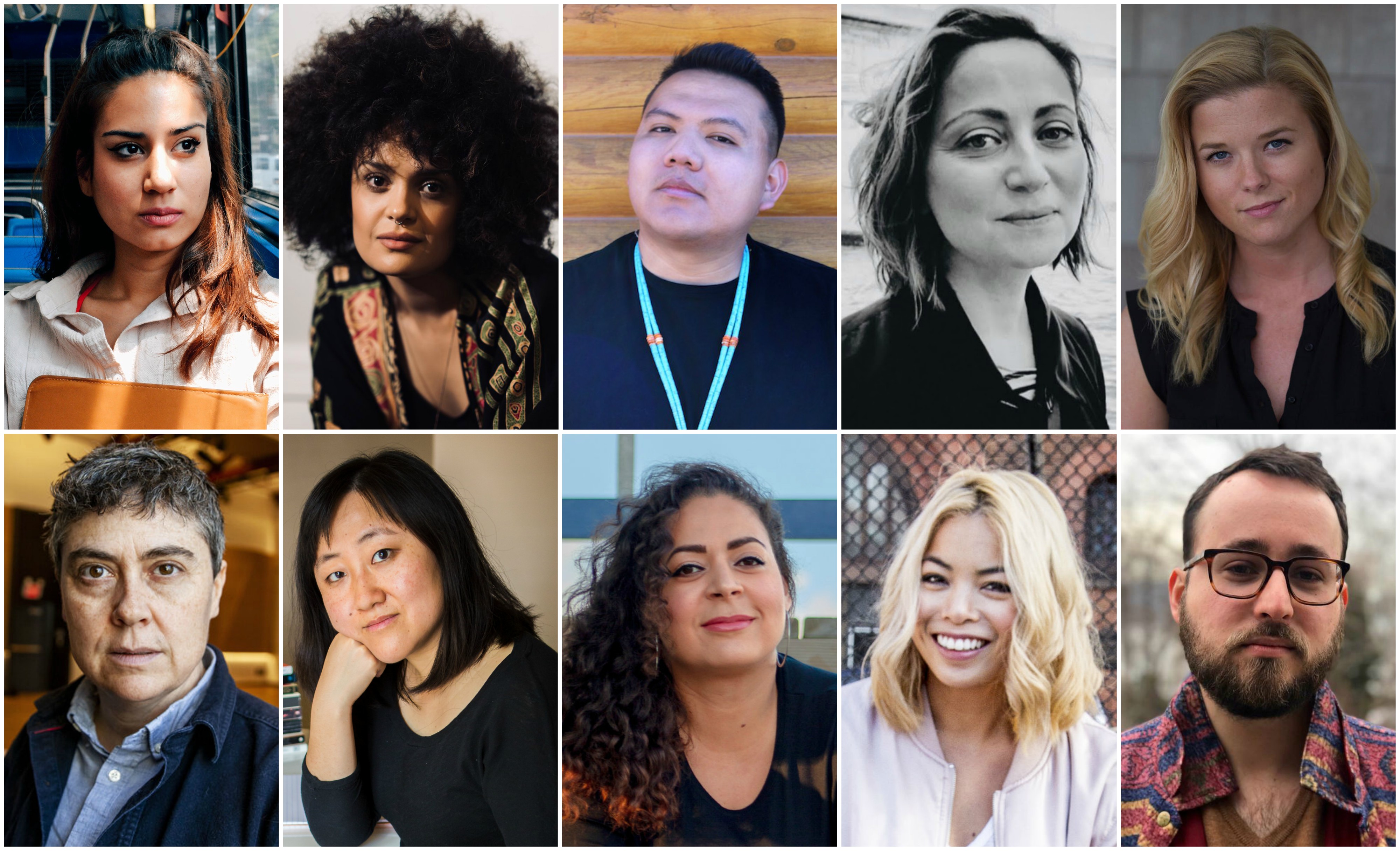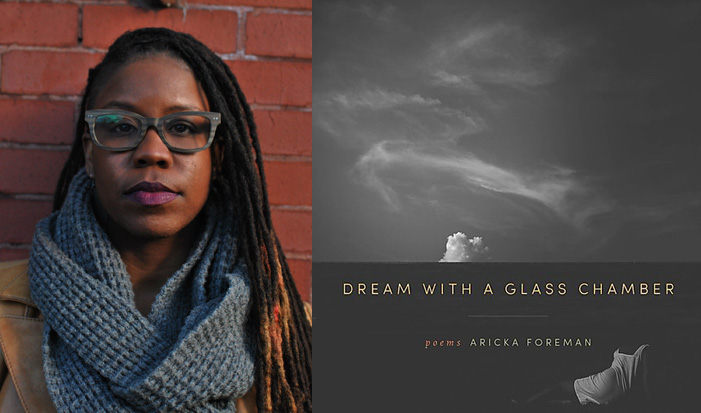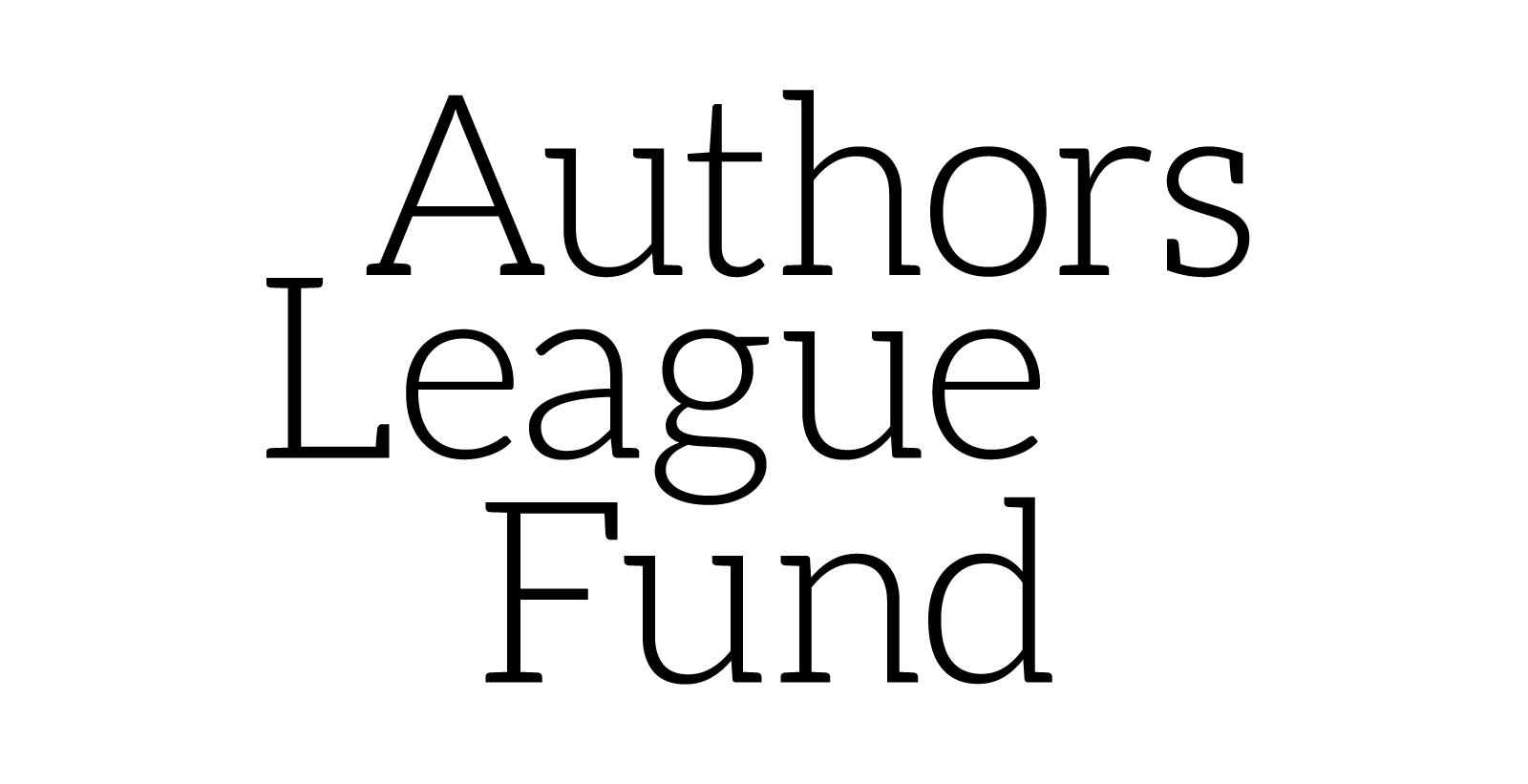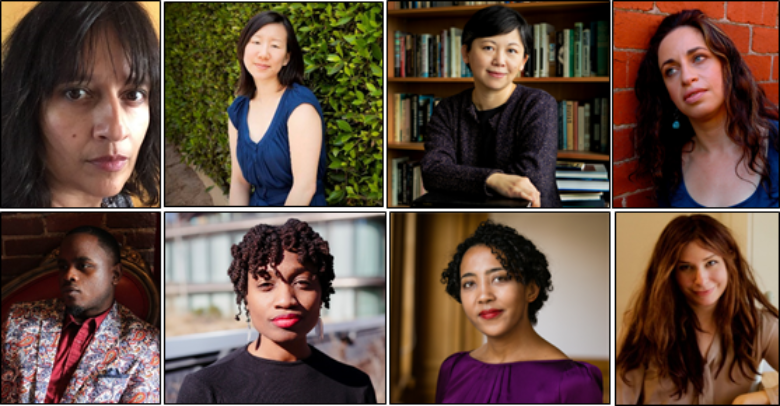This evening ten poets, fiction writers, nonfiction writers, and dramatists were named the winners of the 2020 Whiting Awards. Administered by the Whiting Foundation, the annual $50,000 awards honor emerging writers and are designed to give them “their first chance to devote themselves full-time to their own writing, or to take bold new risks in their work.”
The winners are poets Aria Aber, Diannely Antigua, Jake Skeets, and Genya Turovskaya; fiction writers Genevieve Sly Crane, Andrea Lawlor, and Ling Ma; nonfiction writers Jaquira Díaz and Jia Tolentino; and playwright Will Arbery.
The winners were announced online; the foundation’s annual ceremony in New York City was canceled due to concerns about the COVID-19 pandemic. “We wish to celebrate extraordinary writers, but we find ourselves in extraordinary times, ones where we are all reinventing how to gather, exchange ideas, and deepen our connections with each other across a necessary distance,” said Courtney Hodell, the foundation’s director of literary programs. “As long as literature has existed, it has served this purpose, and we look to writers for their uncanny ability to sift raw experience for its poetry and truth. What we are living now, Whiting writers will reflect back to us in time, with depth and clarity and heart.”
The Whiting Awards were first administered in 1985, and have since honored dozens of writers including poets Jericho Brown and Tracy K. Smith, fiction writers Sigrid Nunez and Colson Whitehead, nonfiction writers Mary Karr and John Jeremiah Sullivan, and playwrights Tony Kushner and Suzan-Lori Parks.
Photo (clockwise from upper left): Aria Aber, Diannely Antigua, Jake Skeets, Genya Turovskaya, Genevieve Sly Crane, Will Arbery, Jia Tolentino, Jaquira Díaz, Ling Ma, and Andrea Lawlor.








